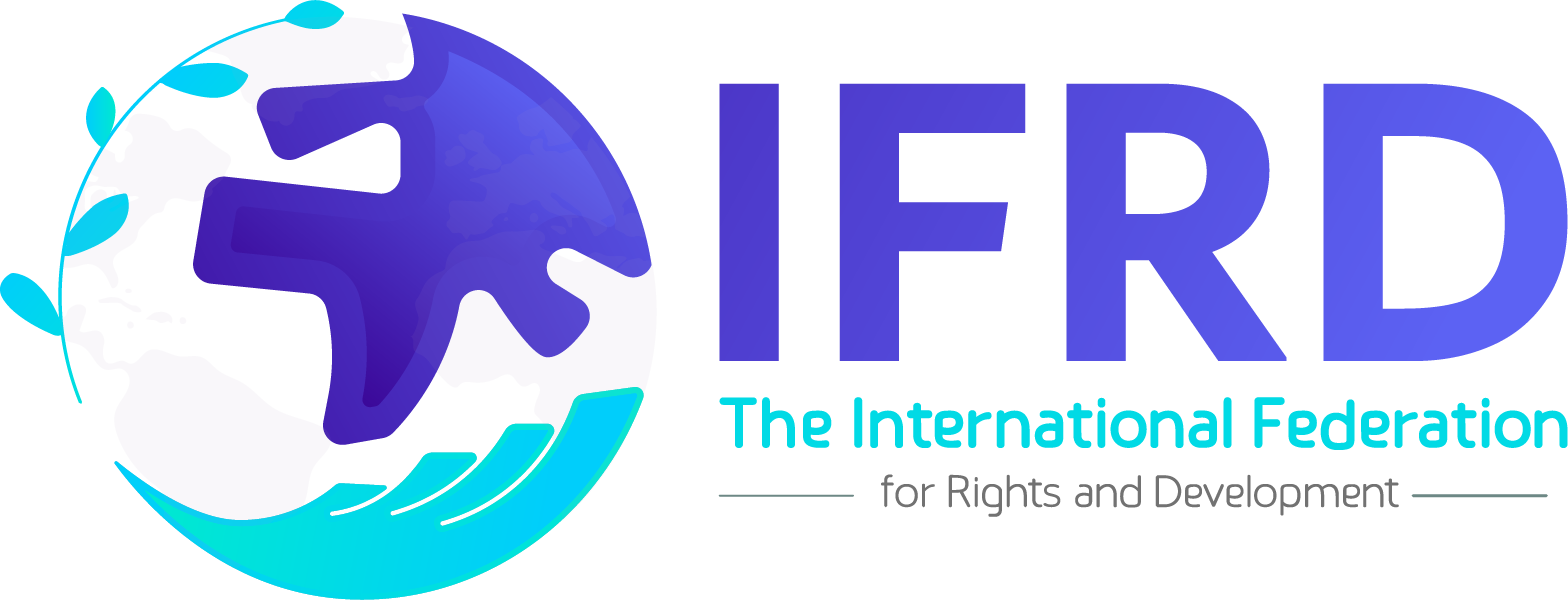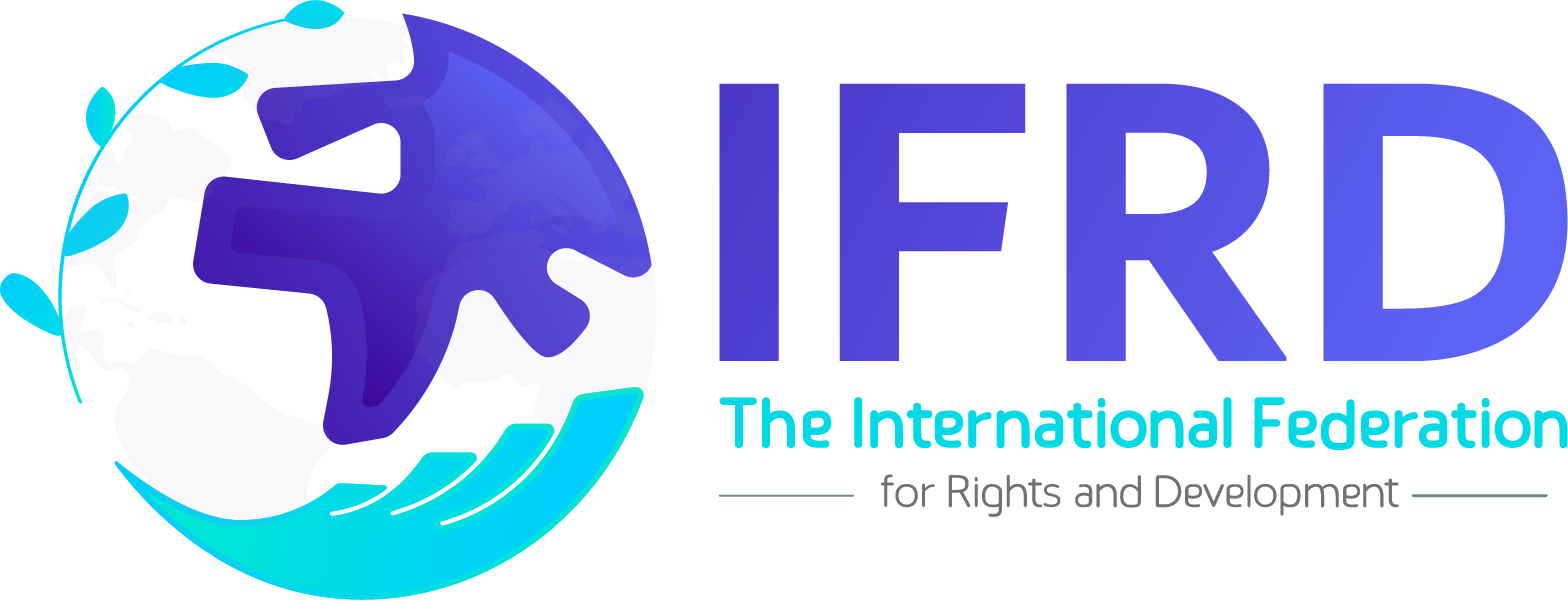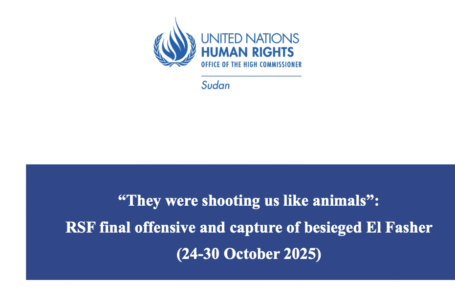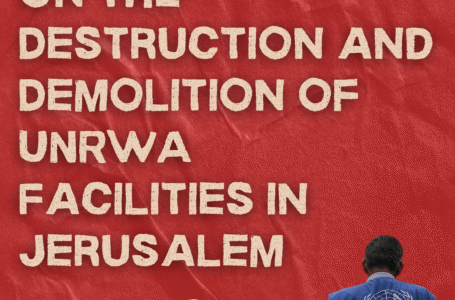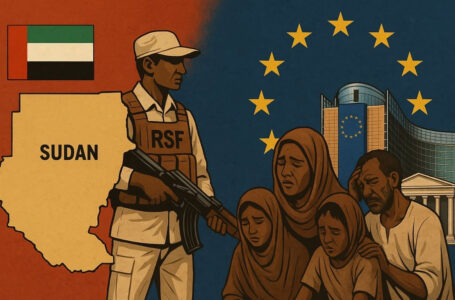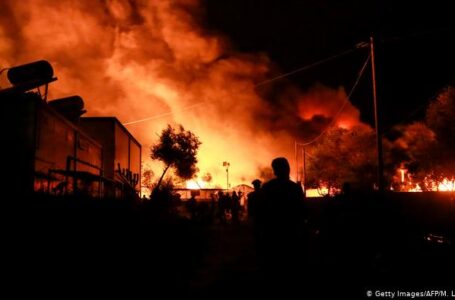Since December 2024, the International Federation for Rights and Development (IFRD) has led a determined campaign to bring Sudan’s escalating humanitarian crisis—particularly gender-based violence (GBV) and systematic atrocities—back to the forefront of the European Parliament’s agenda. Throughout much of 2024, the crisis had fallen off the Parliamentary radar, even as targeted attacks on civilians, rampant sexual enslavement, and forced displacements persisted. Aware of the grave toll on women and children, IFRD mobilized key evidence, including our Position Paper & Annex on GBV in Sudan (IFRD 2024), to reinvigorate Parliamentary focus and press for decisive EU intervention.
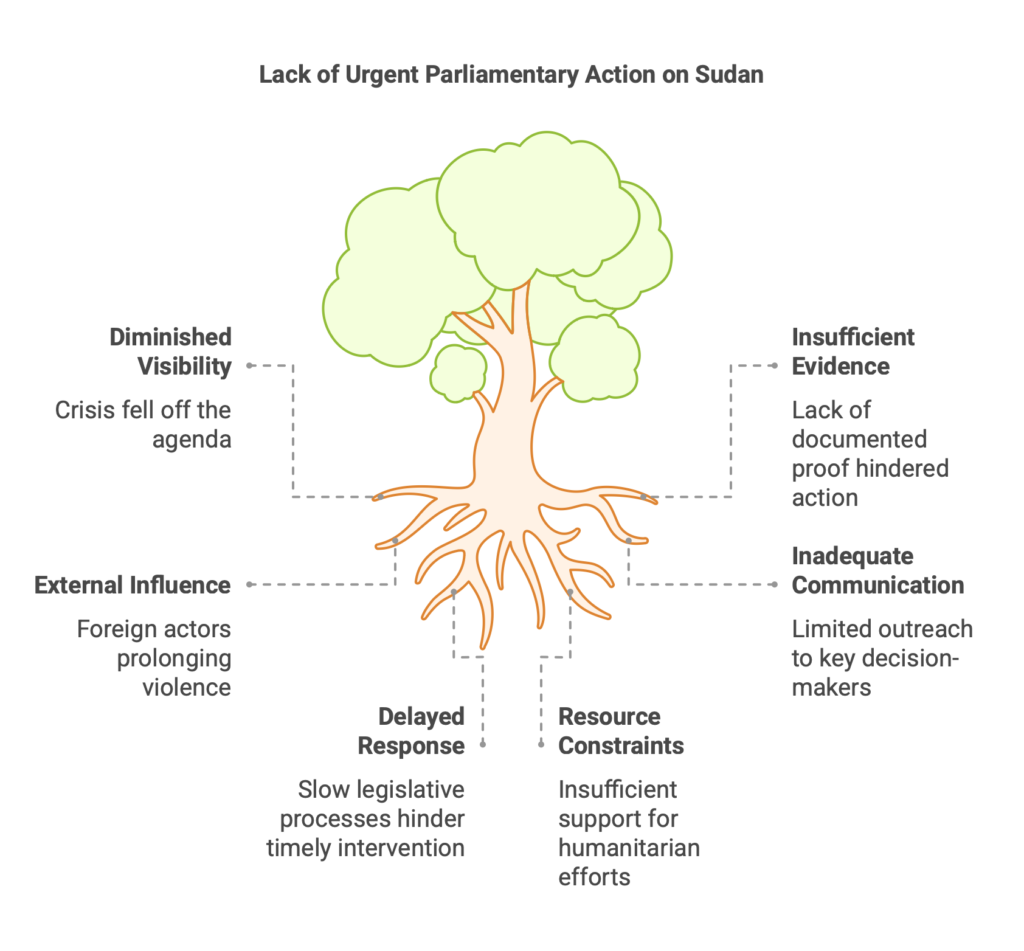
Building momentum through targeted outreach
Our initial breakthrough occurred in December 2024, when Sudan (alongside the DRC) was formally included in a plenary debate on the use of sexual violence as a weapon of war. This owed to IFRD’s consistent, direct outreach in late 2024: we dispatched hundreds of personalized emails to MEPs and their staff—particularly those in AFET, FEMM, DPAP, and DAFR Committees—underscoring the mounting evidence of rape and enslavement as tools of ethnic cleansing in Sudan. Intensive follow-up discussions with MEPs such as Catarina Vieira, Jan-Christoph Oetjen, Alessandra Moretti, Brando Benifei, Per Clausen, Lina Gálvez, Carolina Morace, Anna Strolenberg, and Kim van Sparrentak allowed us to present urgent findings on the brutal campaigns orchestrated by both government-aligned forces and the Rapid Support Forces (RSF).
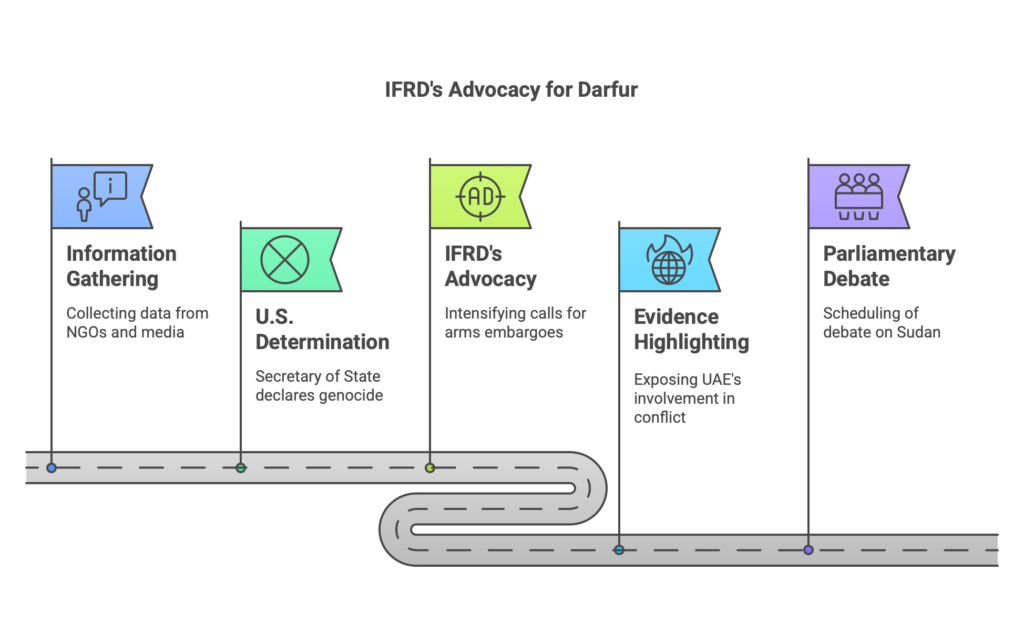
Leveraging verified information and collaboration
Central to our credibility was a commitment to reliable, documented evidence. We collected information from reputable international and local NGOs, UN reports, and international media investigations. By early January 2025, the U.S. Secretary of State issued a formal determination that the ongoing attacks in Darfur met the legal definition of genocide, reinforcing our position on the systemic nature of these atrocities. With this definitive statement and supporting data in hand, IFRD intensified calls for strict enforcement of arms embargoes and accountability mechanisms. Our presentation to MEPs emphasized not just the scale of civilian suffering but also the role of foreign state and non-state actors profiting from the conflict—through both arms shipments and illicit gold mining.
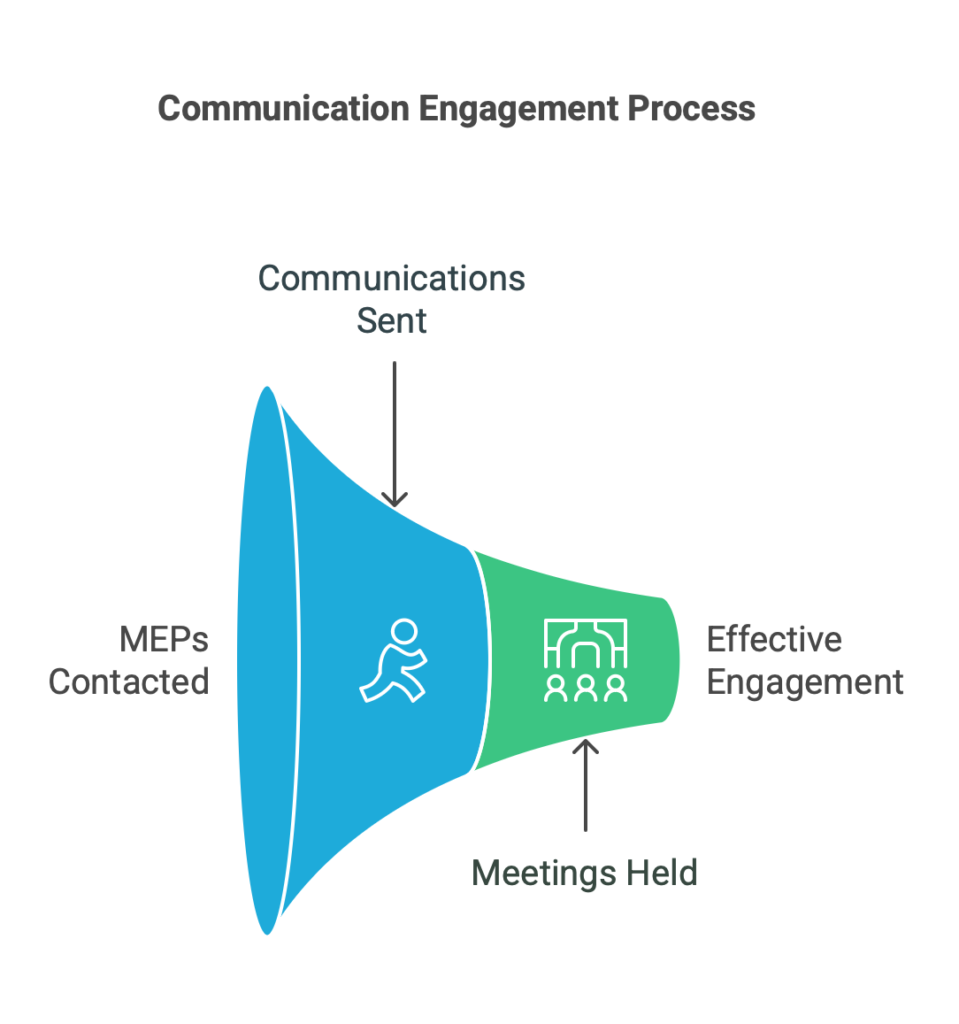
Securing follow-up plenary debates
In early January 2025, IFRD escalated its efforts via targeted emails, briefing notes, and focused meetings with parliamentary staff. We highlighted newly surfaced evidence revealing external powers—particularly UAE—continuing to funnel weaponry or launder gold proceeds, thus prolonging the violence. By detailing how starvation, rape, and ethnic cleansing were systematically employed as weapons of war, we underscored the urgency of policy intervention. These sustained pressures were instrumental in achieving our second milestone: on January 21, 2025, the Parliament scheduled a dedicated plenary debate on Sudan (procedure reference 2025/2520(RSP)). This development represented a remarkable shift: from near-invisibility in late 2024, Sudan had become a priority item on the parliamentary docket, warranting thorough debate and clear policy direction.
Statistics
29 Meetings of MEPs.
108 MEPs contacted
283 communications
From awareness to legislative action
IFRD welcomes the newfound attention on Sudan but insists on concrete action culminating in a robust European Parliament resolution at the latest by March 2025. Over the past weeks, we have circulated additional research findings to MEPs, drawing from credible sources that confirm skyrocketing malnutrition rates, forced displacements exceeding 11 million people, and the use of sexual violence targeting women from particular ethnic groups. Our communications argue for the resolution to:
- Enforce arms embargoes and targeted sanctionsSpecifically halt arms transfers to both parties in the conflict, especially those channeled through third-country brokers profiting from the war.
- Advance accountability for war crimesUrge investigations by international tribunals into allegations of genocide, crimes against humanity, and widespread use of sexual violence.
- Establish secure humanitarian corridorsEnable life-saving aid deliveries for communities on the brink of famine and facing rampant disease outbreaks, including cholera.
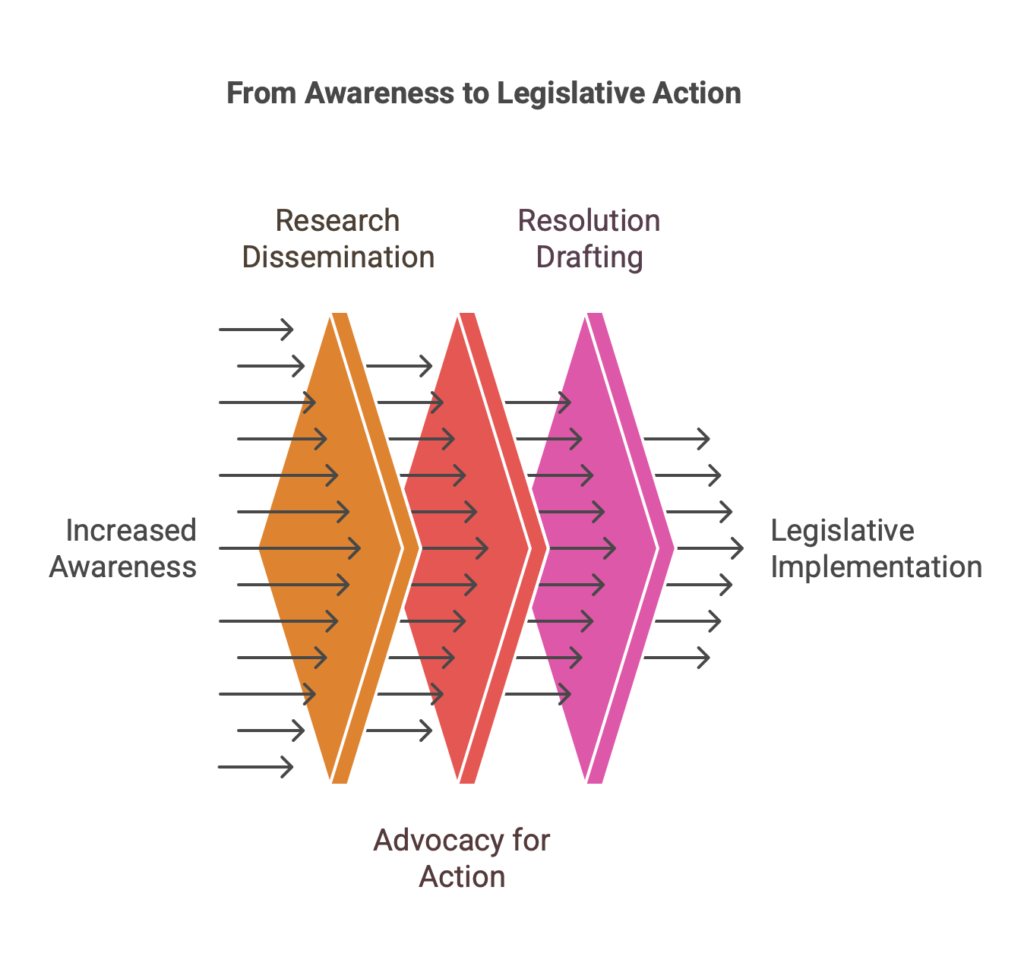
Next steps and ongoing engagement
IFRD remains actively involved in drafting and revising the proposed March resolution, ensuring that lawmakers have real-time data from respected news organizations and firsthand testimony from Sudanese survivors. We are also urging MEPs to explore stronger legal instruments against external actors—some of whom are allegedly profiting from gold smuggling and arms trafficking, as reported by the New York Times, Wall Street Journal, Associated Press, and Washington Post. Our advocacy underscores that financial ties to conflict minerals perpetuate the crisis and embolden perpetrators to continue raping and terrorizing civilians without fear of repercussion.
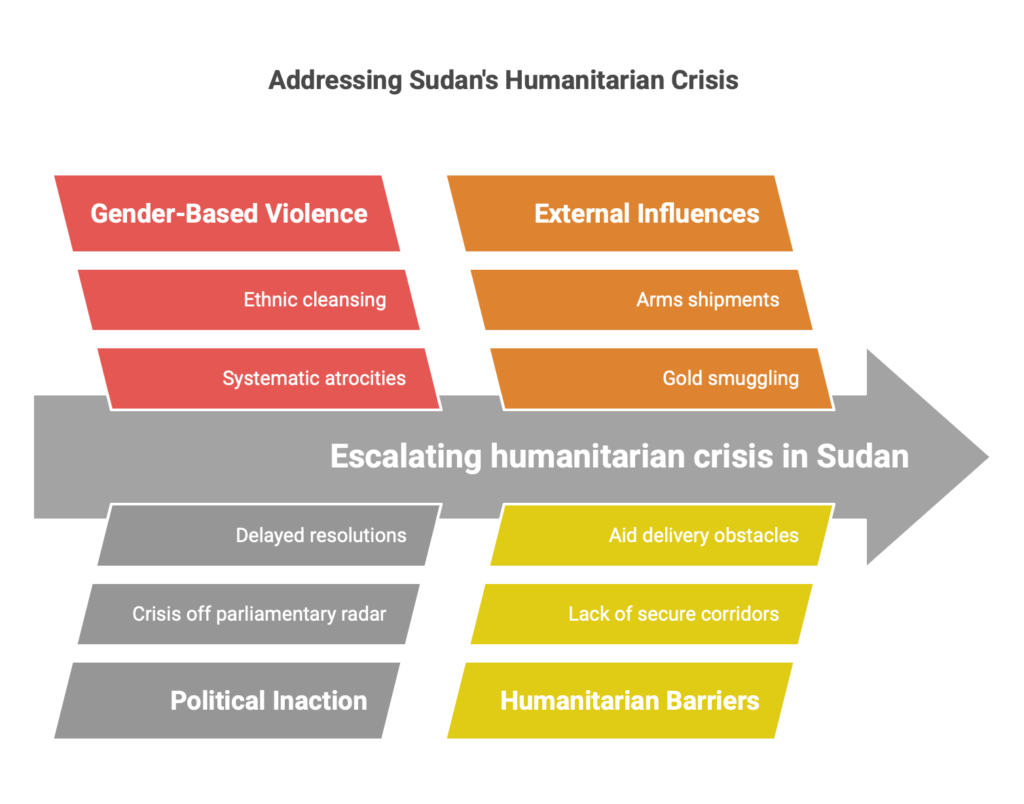
Ultimately, IFRD’s sustained outreach—backed by methodical research and ongoing dialogue—has proven critical in reviving the Sudan dossier within the European Parliament. In just two months, Sudan moved from near-dismissal to a central focus of debate. With continued pressure and detailed policy proposals, we firmly believe the March resolution can be a turning point, compelling the global community to halt the tragedy in Sudan, end the pervasive gender-based violence, and support a genuine path toward peace and accountability.
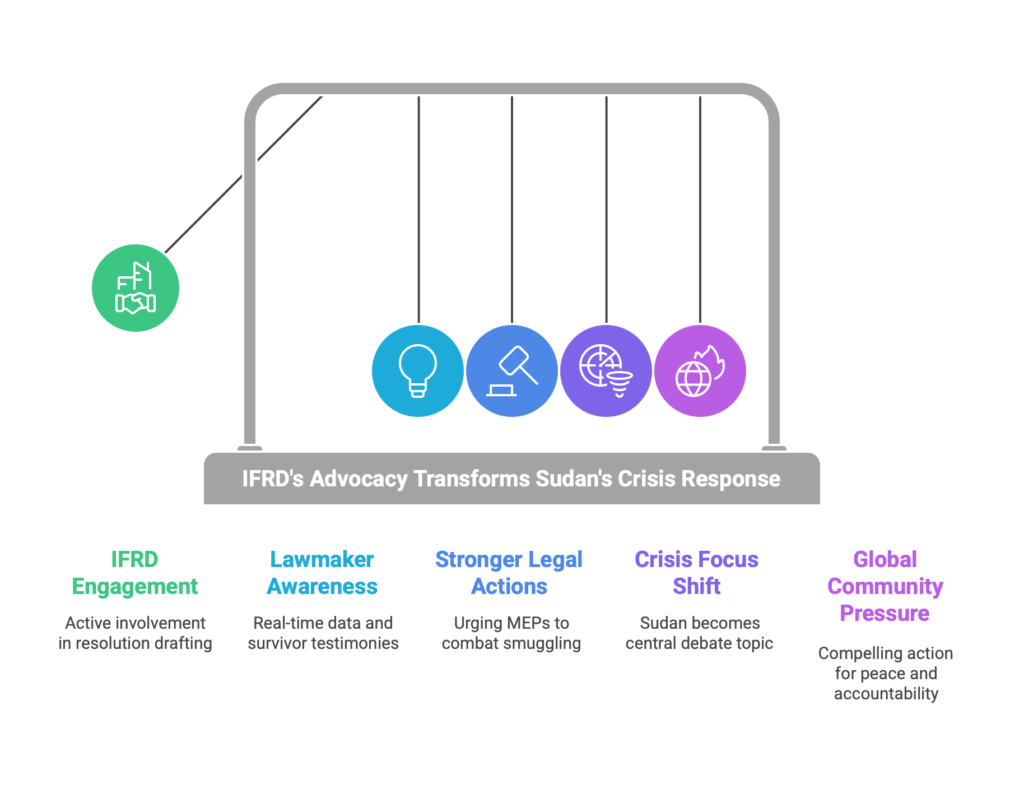
Andi Shehu, head of lobbying and advocacy, IFRD
